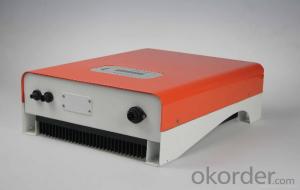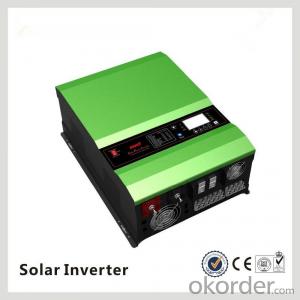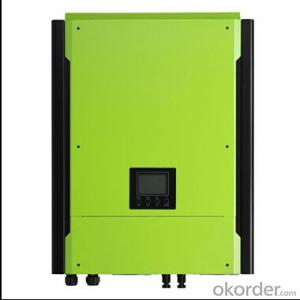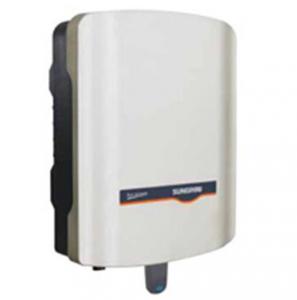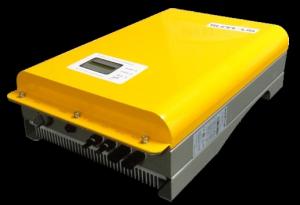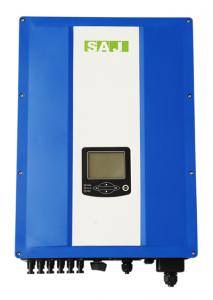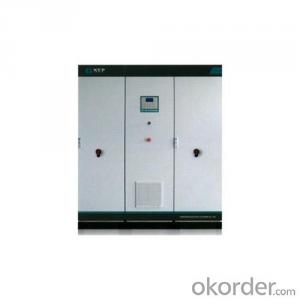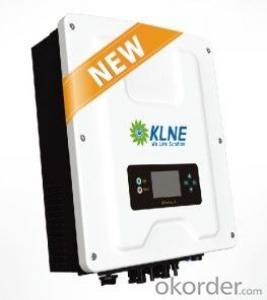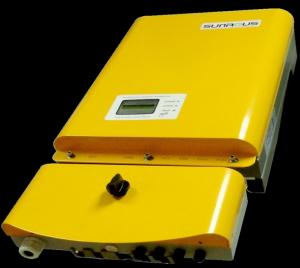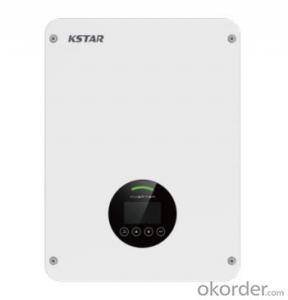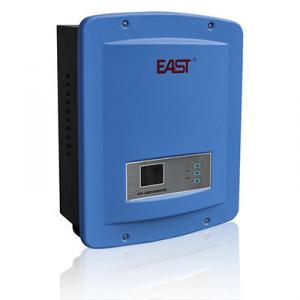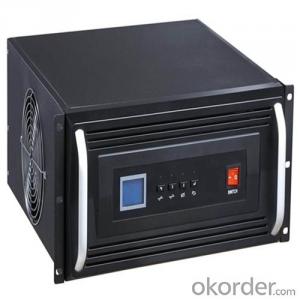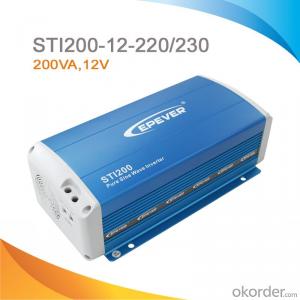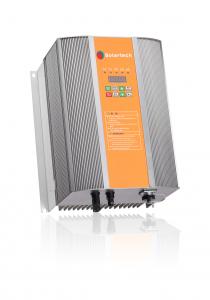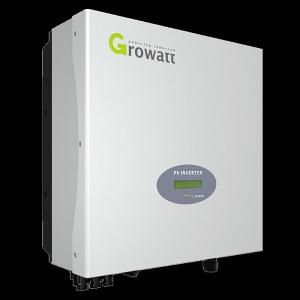All Categories
- - Steel Wire Rod
- - Steel Coils
- - Steel Profiles
- - Steel Pipes
- - Stainless Steel
- - Tinplate
- - Special Steel
- - Steel Sheets
- - Steel Rebars
- - Steel Strips
- - Hot Rolled Steel
- - Cold Rolled Steel
- - Pre-painted Steel
- - Seamless Steel Pipe
- - Welded Steel Pipe
- - Hollow Steel Tubes
- - Galvanized Pipe
- - Stainless Steel Coil
- - Stainless Steel Sheet
- - Stainless Steel Plate
- - Stainless Steel Strips
- - Electrolytic Tinplate Coil
- - Electrolytic Tinplate Sheet
- - Stainless Steel Rebars
- - Solar Panels
- - Solar Water Heater
- - Solar Related Products
- - Solar Inverter
- - Solar Cells
- - Solar Light
- - Solar Energy Systems
- - Solar Controllers
- - Solar Mounting System
- - Solar Pump
- - Solar Chargers
- - Fiberglass Chopped Strand
- - Fiberglass Mesh Cloth
- - Composite Pipes
- - FRP Pultrusion Profiles
- - Fiberglass Mat Tissue
- - Fiberglass Fabrics
- - Fiberglass Mesh
- - Composite Tank
- - Fiberglass Mesh tape
- - Polymer
- - FRP Roofing Panel
- - Fiberglass Roving
- - Monolithic Refractories
- - Ceramic Fiber Products
- - Refractory Bricks
- - Raw Materials For Refractory
- - Suspended Platform
- - Cranes
- - Concrete Machinery
- - Earthmoving Machinery
- - Building Hoist
- - Road Building Machinery
- - Plastic Pipe Fittings
- - Plastic Tubes
- - Plastic Sheets
- - Agricultural Plastic Products
- - Plastic Nets
 All Categories
All Categories
Q & A
Can a solar inverter be used with a solar-powered refrigeration system?
Yes, a solar inverter can be used with a solar-powered refrigeration system. A solar inverter is responsible for converting the direct current (DC) electricity generated by solar panels into alternating current (AC) electricity, which is used to power various appliances including refrigeration systems. By connecting a solar inverter to a solar-powered refrigeration system, the system can efficiently utilize the solar energy generated by the panels to run the refrigeration unit.
How does a solar inverter handle voltage fluctuations from the grid?
A solar inverter handles voltage fluctuations from the grid by constantly monitoring the incoming grid voltage. If there is a deviation from the desired voltage range, the inverter adjusts its own output voltage accordingly to maintain a stable and consistent supply of electricity to the connected solar panels or batteries. This helps to protect the system from potential damage caused by overvoltage or undervoltage conditions.
What is the role of a solar inverter in a distributed energy resources system?
The role of a solar inverter in a distributed energy resources system is to convert the direct current (DC) electricity generated by solar panels into alternating current (AC) electricity that can be used to power homes or businesses. It also controls the flow of electricity, ensuring that excess power is properly managed, and can even feed it back into the grid if permitted. Overall, the solar inverter plays a crucial role in optimizing the efficiency and reliability of a distributed energy resources system.
What is the difference between a grid-tied and off-grid solar inverter?
A grid-tied solar inverter is designed to work in conjunction with the utility grid, converting the DC power generated by solar panels into AC power that can be used in the home or fed back into the grid. It synchronizes the solar energy with the grid's power supply, allowing for net metering and the ability to sell excess electricity back to the utility company.
On the other hand, an off-grid solar inverter is used in systems that are not connected to the utility grid. It converts the DC power from solar panels into AC power that can be used to power appliances and devices in standalone or remote locations. Off-grid inverters often include battery storage to ensure uninterrupted power supply during periods of low solar production or at night.
In summary, the main difference between the two is that grid-tied solar inverters are designed for homes or businesses connected to the utility grid, while off-grid solar inverters are used in systems that operate independently of the grid and require energy storage.
Wholesale Solar Inverter from supplier in Indonesia
We are a Solar Inverter supplier serving the Indonesia, mainly engaged in the sale, quotation, and technical support services of various Solar Inverter products in the Indonesia region. We are a subsidiary platform of the Fortune Global 500 company CNBM, able to provide you with one-stop Solar Inverter procurement services in the Indonesia. Not only do we have a wide range of Solar Inverter products, but after years of market development in the Indonesia, we can also provide valuable experience for your projects.


